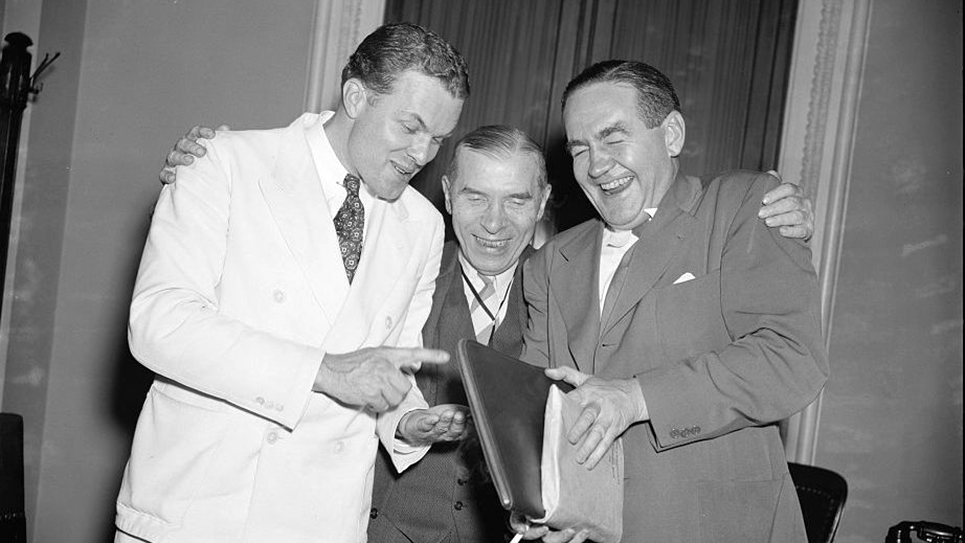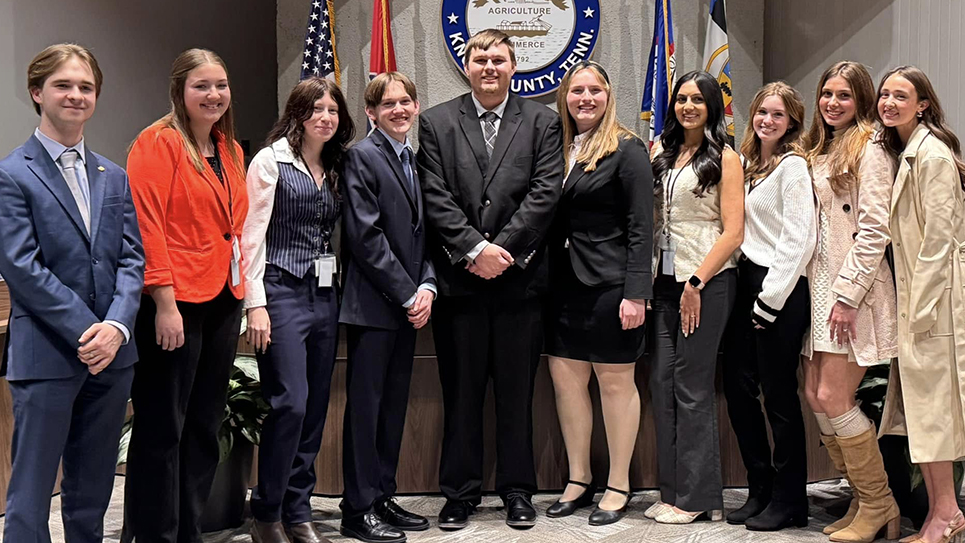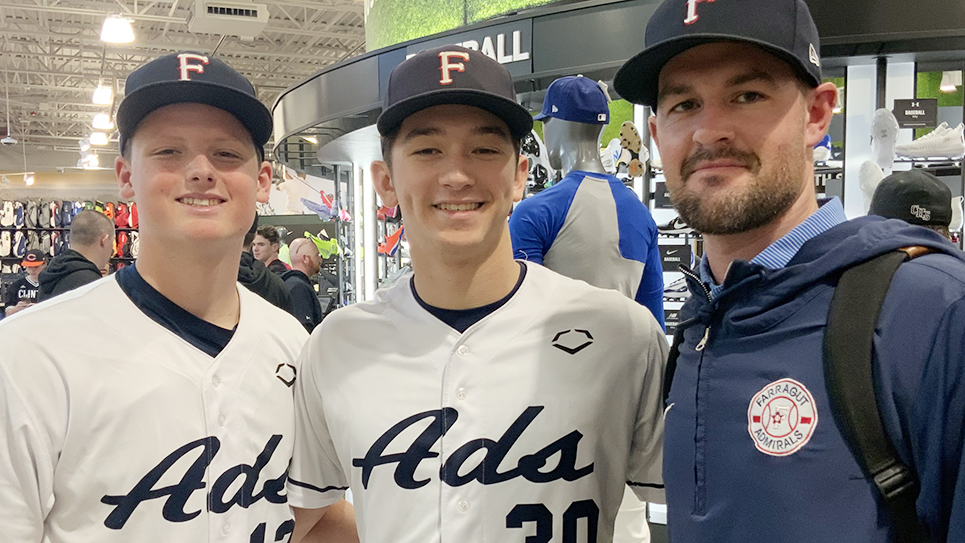By Mike Steely
steelym@knoxfocus.com
How can a dog help with an autistic child?
“The dogs are trained to recognize autistic actions and interrupt by jumping into the child’s lap or touching them,” said Nichole Ballard, the assistant trainer at Wilderwood Service Dogs in Maryville.
Wilderwood’s owner and founder, Tiffany Denyer, said that the company places dogs throughout the country with an emphasis on young children suffering from autism. She said that dogs from rescue shelters and local breeders are trained for one and one-half years plus an additional six months of training tailored to a specific child’s needs.
From her five acres at 1319 Tuckaleechee Trail in Maryville, Denyer has operated the special facility for ten years. As a psychiatric nurse she has been involved in care and nursing. She said she has dealt daily with brain trauma, autism, emotional illness, dementia and Alzheimer’s.
“Out of these experiences arose awareness that there was something missing and something that simply must work better. I have never seen anything that has been more therapeutic than the animal/human interaction,” she said.
Denyer says that many types of pure breed and mixed breeds are ideal for the program but generally not hounds, terriers, or huskies.
She said that autistic children at least 4.5 years old and older can apply and the process can take more than two years before the dog is ready. A child then spends two weeks training with the dog before leaving with the animal. The cost required is about $13,000. Wilderwood Service Dogs work with the parents or relatives in raising funds for the program. Denyer said the specially trained dogs cost her about $20,000.
She said the non-profit group raises funds through bake sales and Go Fund Me and FirstGivings For Non-profits efforts online.
“We need some help getting out there and letting the community know we just had a 10 year anniversary. Finding funding is always a desperate issue and any help is greatly appreciated,” Ballard told The Focus.
“These dogs are trained specifically to each child or client,” Denyer said, “depending on what their needs are.”
“We’ve got tethering systems for the ones that wonder off. The dog is attached to the harness which is attached to the parent and the child attached to the dog’s harness,” she explained.
The Wilderwood Service Dogs have been featured on television and Denyer has addressed many meetings and conventions about their services.
You can reach Wilderwood Service Dogs at (865)660-0095 or wilderwood@charter.net and find them online at www.wilderwood.org.






